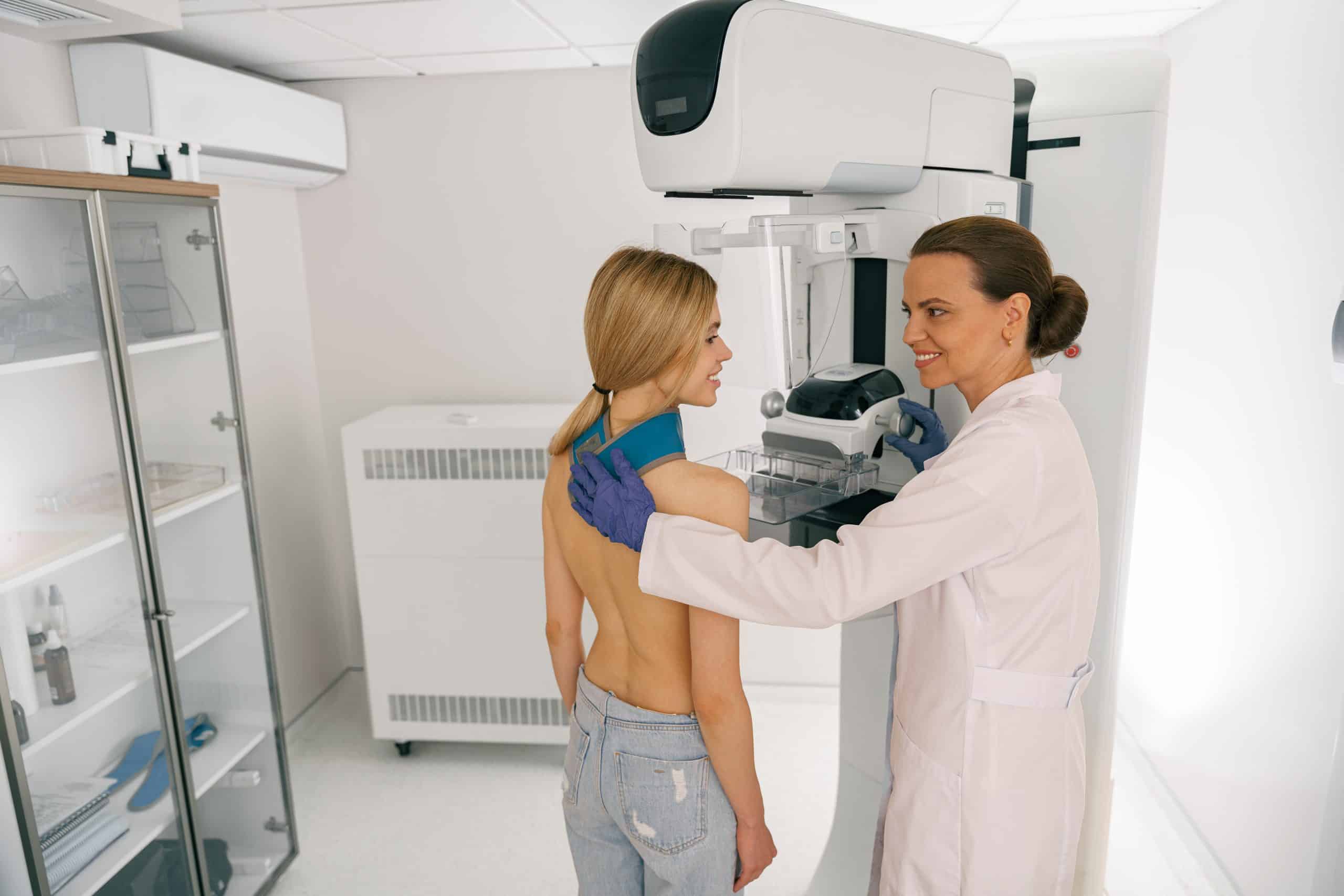When it comes to breast cancer screening, a mammogram is a crucial diagnostic tool that can save lives by detecting cancer early. For those in Toronto, Brampton, Whitby, and Niagara Falls, Valence Medical Imaging offers cutting-edge breast imaging services, including digital mammography, to ensure that women have access to the best care possible. Preparing for a mammogram can feel daunting, but with the right information and steps, you can approach your appointment with confidence.
Understanding Mammography and Its Importance
A mammogram is an X-ray picture of the breast used to detect early signs of breast cancer. Regular mammograms can detect cancer at an early stage when it may be more treatable. Digital mammograms, also known as full-field digital mammography (FFDM), offer clearer images and faster results than traditional film mammography.
For women with dense breasts, additional imaging like breast ultrasound or breast tomosynthesis (also known as 3D mammography) might be recommended. These technologies provide a more detailed view, which can help in early detection in dense breast tissue where mammograms may be less effective.
Preparation for Your Mammogram Appointment
Schedule Wisely:
- Try to schedule your mammogram appointment for a time when your breasts are least likely to be tender, such as the week after your menstrual period.
- If you’ve previously had mammograms at another facility, obtain those records to bring to your appointment for comparison.
On the Day of the Mammogram:
- Avoid using deodorant, perfume, powders, or lotions on your breasts or underarms as these can interfere with the image quality.
- Wear comfortable clothing since you will need to undress above the waist for the procedure.
- If you have sensitive breasts, consider taking an over-the-counter pain reliever about an hour before your appointment to minimize discomfort.
During the Procedure:
- You’ll stand in front of a special X-ray machine. A technologist will place your breast on a clear plastic plate. Another plate will firmly press your breast from above. The plates will flatten the breast, holding it still while the X-ray is taken.
- You’ll feel some pressure. The steps are repeated to make a side view of the breast. The other breast will be X-rayed in the same way.
Post-Mammogram:
- After your mammogram, it’s normal to feel a bit of pressure or discomfort, but this should be mild and temporary.
- You’ll be provided with information on when and how you’ll receive your results.
Understanding Your Results: The BI-RADS Classification
After your mammogram, radiologists will review the images and categorize the findings using the BI-RADS (Breast Imaging-Reporting and Data System) Classification. This system helps to standardize reporting and determines the next steps in care or treatment. Categories range from 0 (incomplete) to 6 (known cancer).
Additional Procedures if Necessary:
Diagnostic Mammogram:
- If your screening mammogram shows abnormalities, or if you have symptoms of breast disease, you may need a diagnostic mammogram, which includes additional views or special imaging techniques.
Breast Ultrasound:
- An ultrasound can help determine if a breast lump is solid (which may be cancer or a benign breast condition) or filled with fluid (a cyst).
Breast Tomosynthesis:
- This advanced technique can offer more detailed images of breast tissue, layer by layer, which can help in more accurate diagnosis, especially for women with dense breasts.
Breast Biopsy:
- If suspicious areas are found, a biopsy, where a small sample of breast tissue is removed and examined, may be necessary to determine if it’s cancerous or not.
Considerations on Radiation Exposure:
- Modern digital mammograms emit very low levels of radiation. The risk of harm from this radiation exposure is extremely low when compared to the potential benefit of detecting cancer early.
At Valence Medical Imaging, your breast health is our priority. By preparing properly for your mammogram, you can help ensure the most accurate results. Remember that mammography is a powerful tool in breast cancer screening, and early detection is key to effective treatment. If you’re in Toronto, Brampton, Whitby, or Niagara Falls, reach out to us to schedule your appointment and to learn more about how we can support your breast health.
For any questions or to book an appointment, please contact Valence Medical Imaging. Let’s work together towards a healthier future.




